Do you have ADHD? Here's why so many of us are saying yes.
NPR - Mental Health
APRIL 25, 2025
Have you seen ADHD content pop up in your feeds? Are you getting a lot of it ? In the past few years, there's been a surge in the number of adults diagnosed with ADHD, and at the same time more and more people online are going viral with "signs" that you might have it too. Whether with our doctors or friends, we're all talking a lot more about adult ADHD.


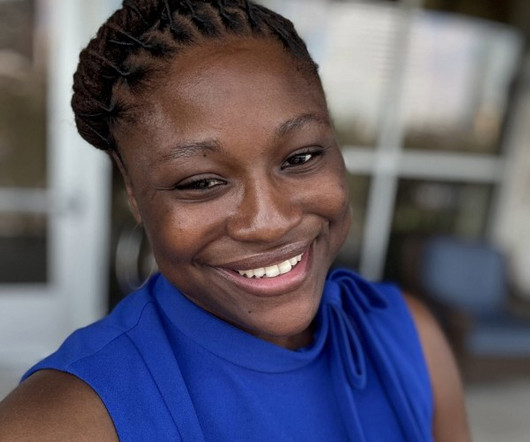
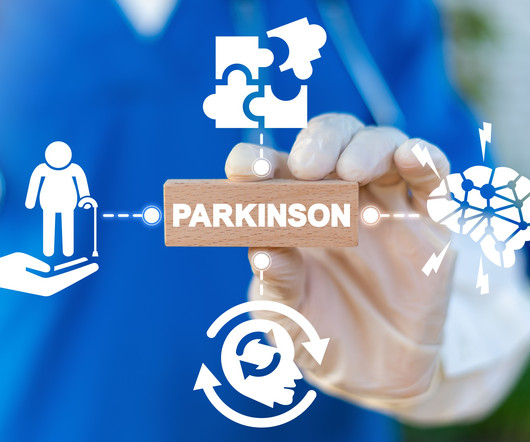

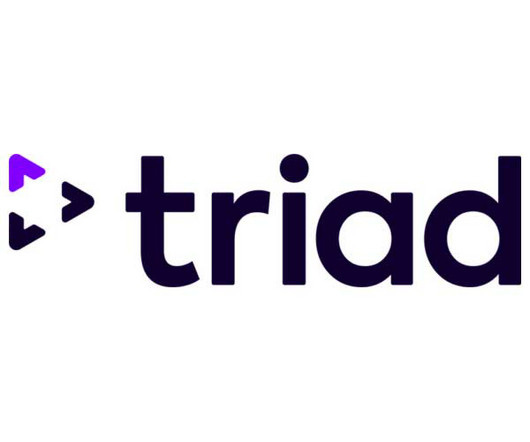
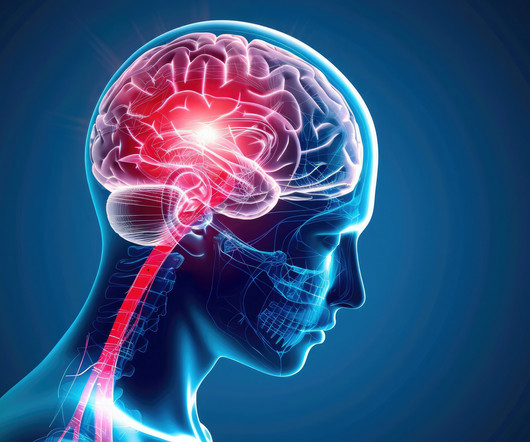
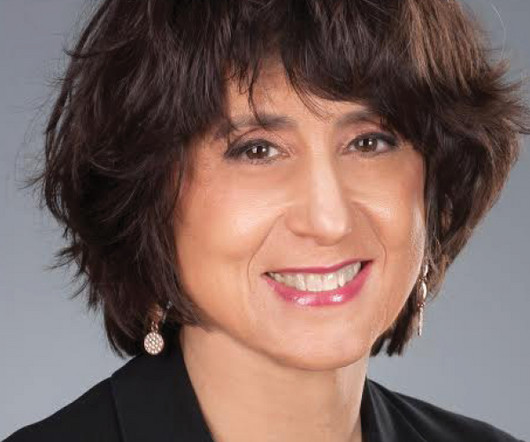
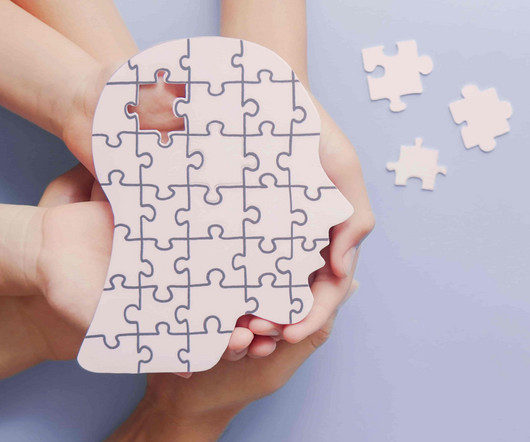
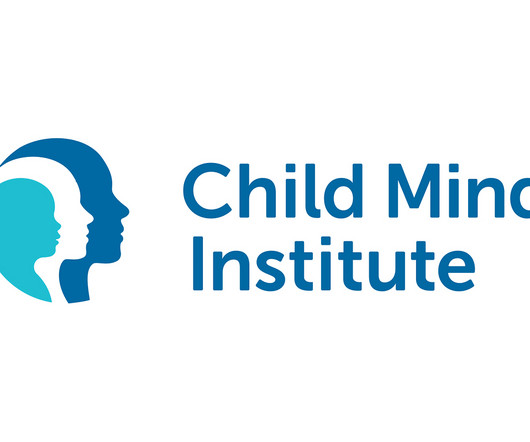




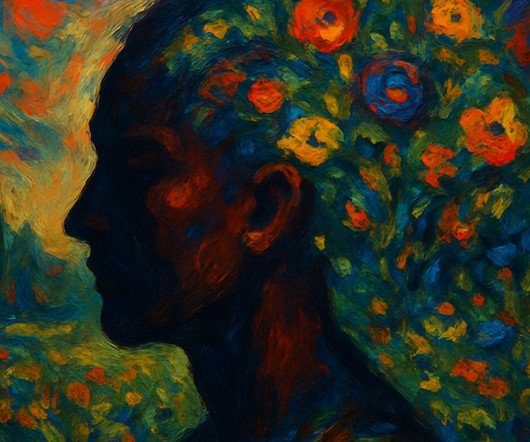
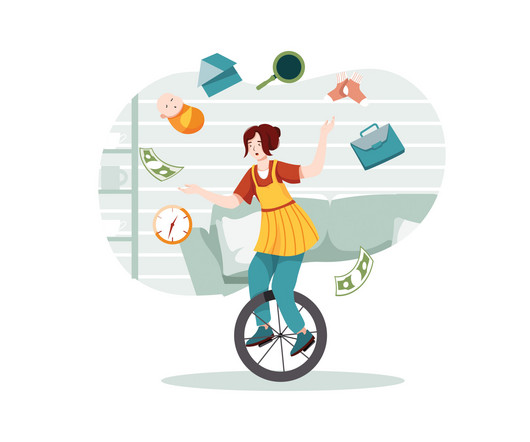






Let's personalize your content